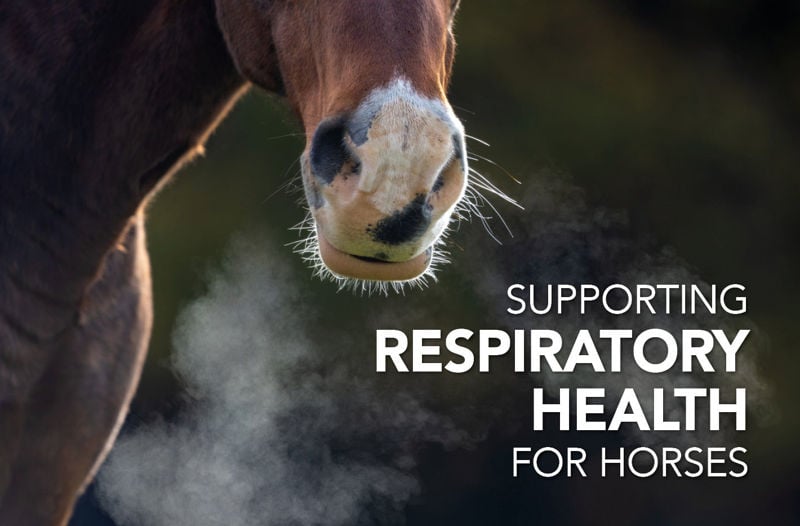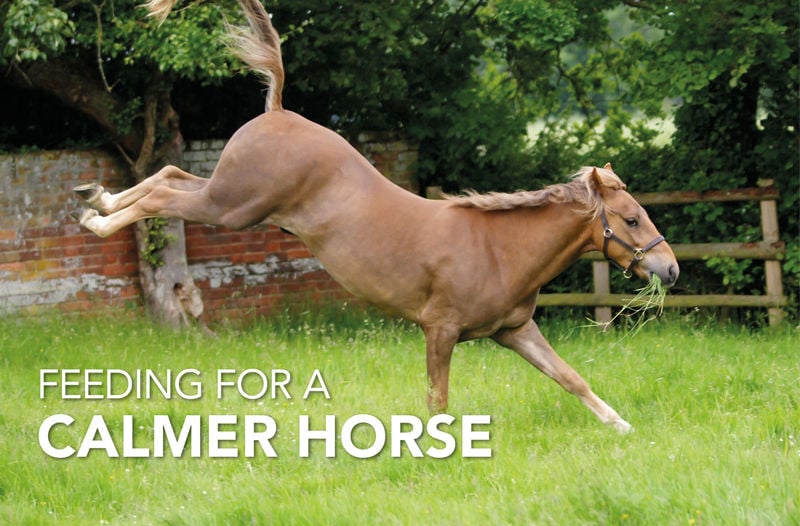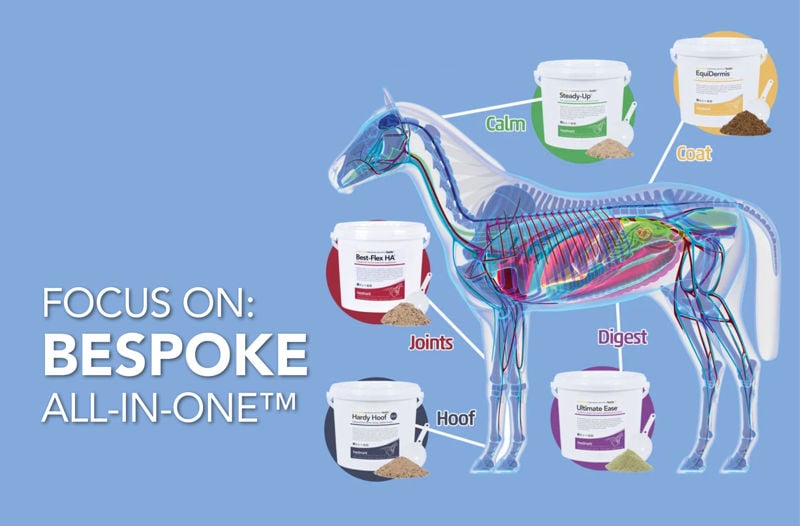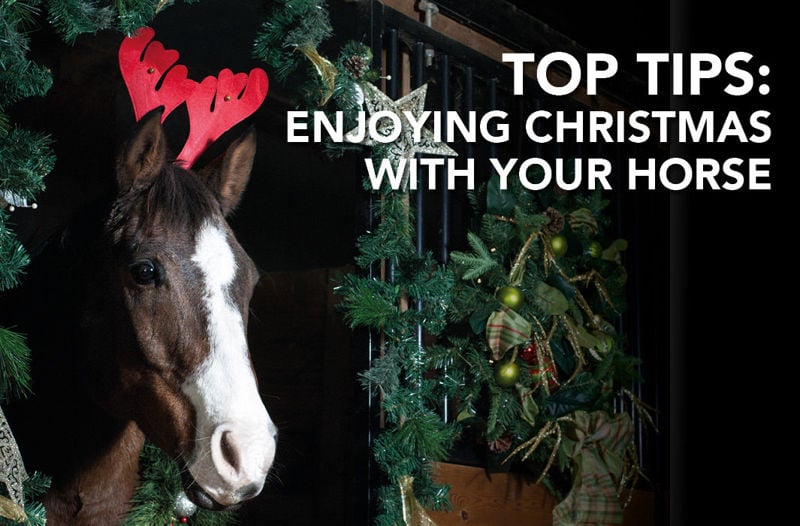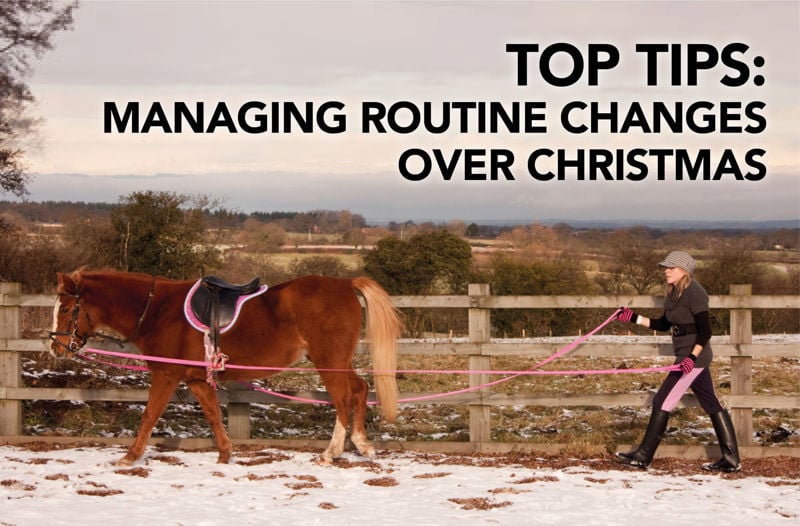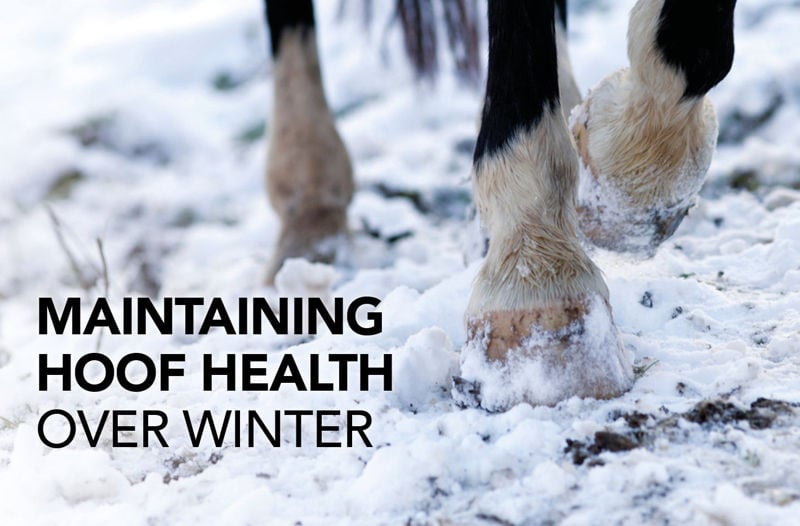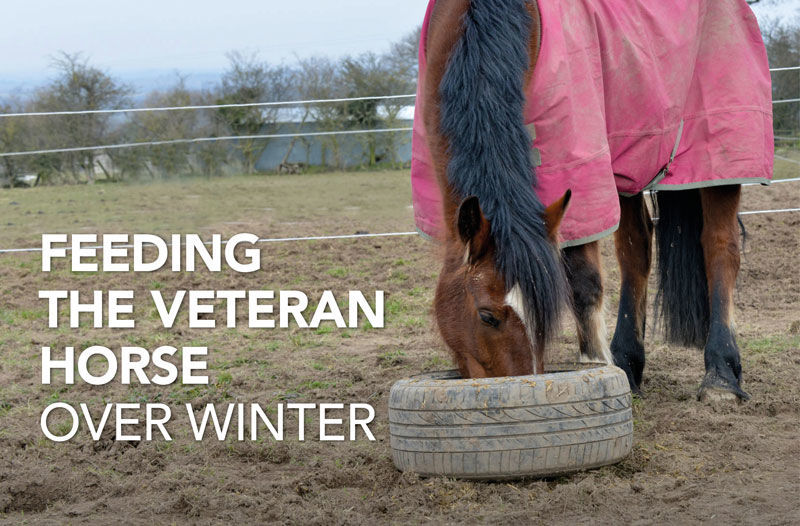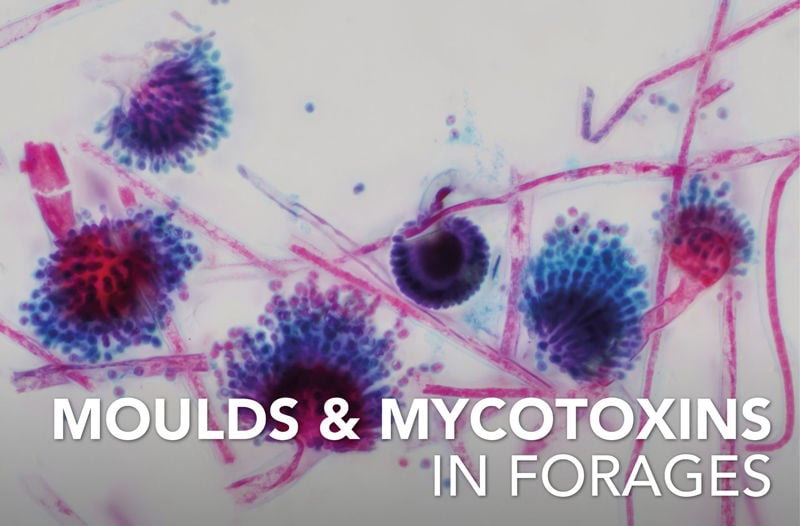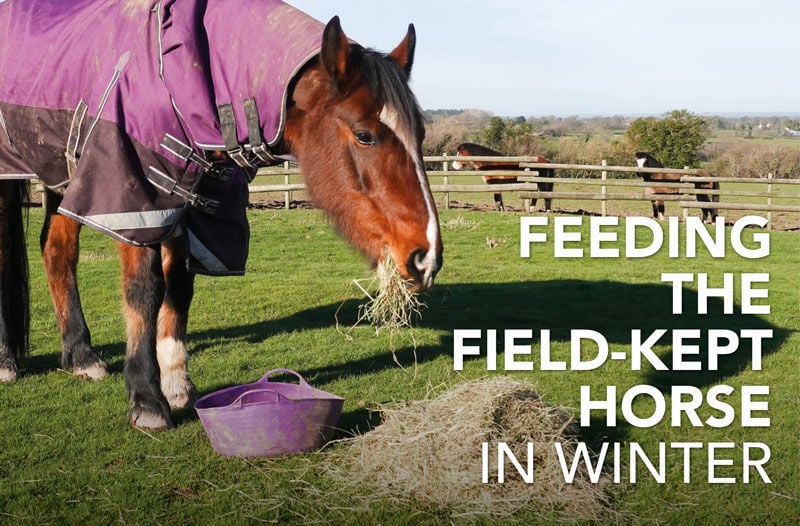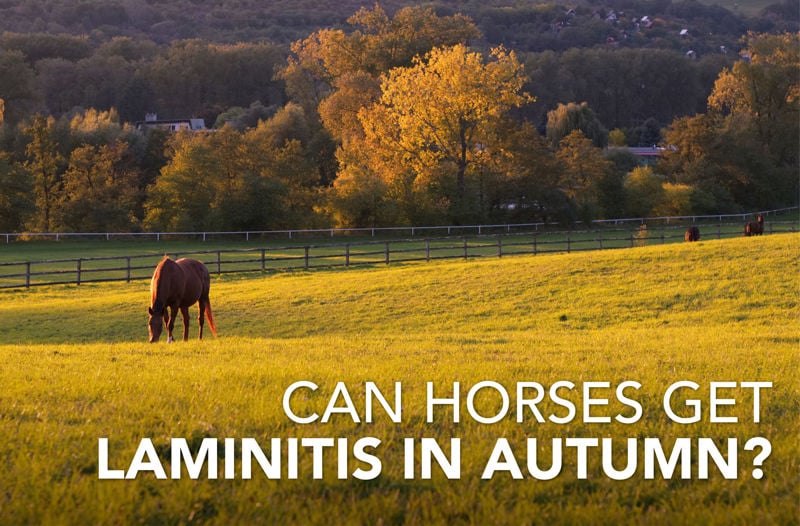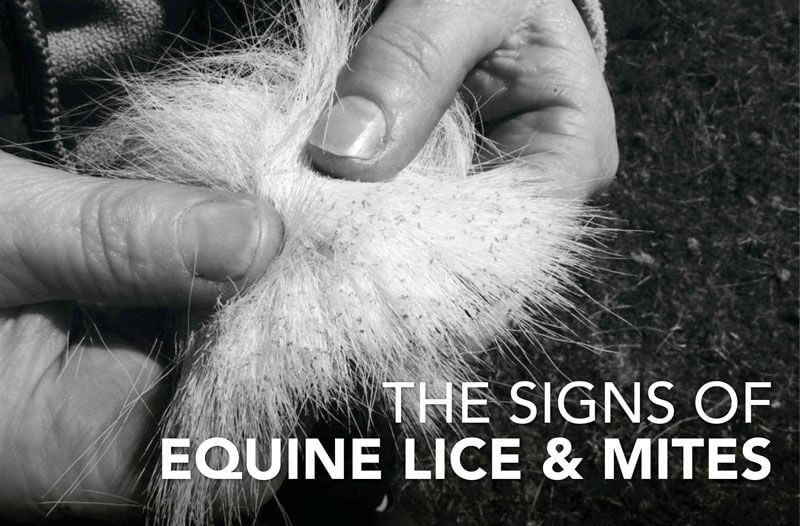Being the third largest organ in the horse’s body, the horse’s lungs are uniquely designed to maximise airflow and oxygen uptake. Maintaining respiratory health for horses is crucial as even minor respiratory issues can impact performance. Stephanie Hyland RNutr. MSc takes a look at equine lungs.
Filters
Blog Options
Blog archive
- 2025
- 2024
- 2023
- 2022
- 2021
- 2020
- 2019
- 2018
- 2017
- 2016
- 2015
- 2014
Close
45 YEARS AT THE CENTRE OF EQUINE NUTRITION™

- Bespoke All-in-One™
-
Products
- Back
- Horse Joint Supplements
- Horse Digestion Supplements
- Horse Muscle Supplements
- Horse Vitamins & Minerals
- Horse Calming Supplements
-
Horse Respiratory Supplements
- Back
- Clarity®
- Horse Hoof Supplements
- Horse Skin & Coat Supplements
- Horse Health Supplements
- Supplements for Older Horses
- Horse Breeding Supplements
-
Horse Hormone Supplements
- Back
- Hormonease™
- Horse Treats
-
Herbs for Horses
- Back
- Boswellia
- Burdock Root
- Celery Seed
- Chamomile
- Chastetree Berry
- Cider Apple Vinegar
- Cinnamon
- Clivers
- Comfrey
- Dandelion Roots & Leaves
- Devil's Claw
- Echinacea
- Fenugreek Seeds
- Fussy Feeder
- Garlic Powder
- Hawthorn
- Hedge Herbs
- Liquorice
- Marigold Flowers
- Marshmallow Root
- Meadowsweet
- Milk Thistle Seeds
- Mint
- Nettle
- Rosehips
- Seaweed
- Slippery Elm
- Spirulina
- Turmeric
- Yucca
- Canine
- Gift Cards / Rewards
- ABOUT US
- Contact Us
- Knowledge base
Menu
-
Products
- Back
- Horse Joint Supplements
- Horse Digestion Supplements
- Horse Muscle Supplements
- Horse Vitamins & Minerals
- Horse Calming Supplements
-
Horse Respiratory Supplements
- Back
- Clarity®
- Horse Hoof Supplements
- Horse Skin & Coat Supplements
- Horse Health Supplements
- Supplements for Older Horses
- Horse Breeding Supplements
-
Horse Hormone Supplements
- Back
- Hormonease™
- Horse Treats
-
Herbs for Horses
- Back
- Boswellia
- Burdock Root
- Celery Seed
- Chamomile
- Chastetree Berry
- Cider Apple Vinegar
- Cinnamon
- Clivers
- Comfrey
- Dandelion Roots & Leaves
- Devil's Claw
- Echinacea
- Fenugreek Seeds
- Fussy Feeder
- Garlic Powder
- Hawthorn
- Hedge Herbs
- Liquorice
- Marigold Flowers
- Marshmallow Root
- Meadowsweet
- Milk Thistle Seeds
- Mint
- Nettle
- Rosehips
- Seaweed
- Slippery Elm
- Spirulina
- Turmeric
- Yucca
- Canine
- Gift Cards / Rewards
- ABOUT US
- Contact Us
- Knowledge base
Dr. Stephanie Hyland BSc (Hons)
 Please call Stephanie Hyland MSc. RNutr. on 0800 585525
Please call Stephanie Hyland MSc. RNutr. on 0800 585525
for qualified nutrition advice.
 Please call Stephanie Hyland MSc. RNutr. on 0800 585525
Please call Stephanie Hyland MSc. RNutr. on 0800 585525 for qualified nutrition advice.
Blog
Is your horse spooky and often too fizzy? Our Nutritionist discusses important factors to consider when it comes to managing this behaviour and evaluating why it may be occurring…
Feeding a Bespoke All-In-One™ Supplement is now better than it has ever been! Not only does it save you time, but it now also saves you more money on your horse’s supplements. When you create a Feedmark Bespoke All-In-One™ Supplement, you are providing the very best for your horse through an individ...
New Year means celebrations and for many events it can also mean fireworks. The days during the festive period are a good time to prepare your horse for this. We look at why fireworks can be more stressful than other loud noises for your horse.
Many of us will enjoy a break from routine over the Christmas period and of course this means we can spend more time with our horses! We share a few of our Top Tips for enjoying the Christmas break with your horse - and your friends.
Christmas is a time when we often have to change our horse’s routine, sometimes at short notice. Here are Feedmark’s Top Tips for managing your horse's routine changes over the festive period.
Hoof growth slows over winter but it is still important to regularly check your horses’ hooves for signs of issues that are more common in winter. We look at three of the most common winter hoof issues.
Older horses are more predisposed to disease and health concerns and so the care and feeding of veteran horses over the winter months often requires more consideration compared to a younger horse. We look at how you can use nutrition to help support elderly horses over winter.
At the time of year when we all begin to buy in our winter hay supplies, we look at how undesired Moulds and mycotoxins in forages may cause irreparable damage to both horse and human.
As the nights start to draw in many of us start to look ahead to winter and what we will be feeding our horses. Whilst many horses are stabled for some of the time over the winter months, there are many that live out 24/7 all year round and will need additional support.
It is well known by most horse owners that Springtime is a risk factor for laminitis, especially for horses and ponies suffering from issues with metabolic diseases, but can horses get laminitis in autumn? We look at the research findings.
External parasites pose a threat to horse health and can cause irritation and distress. We look at ways you can support your horse and how to manage and prevent equine lice and mites.
Copyright © 2025 Feedmark Ltd. All rights reserved.
